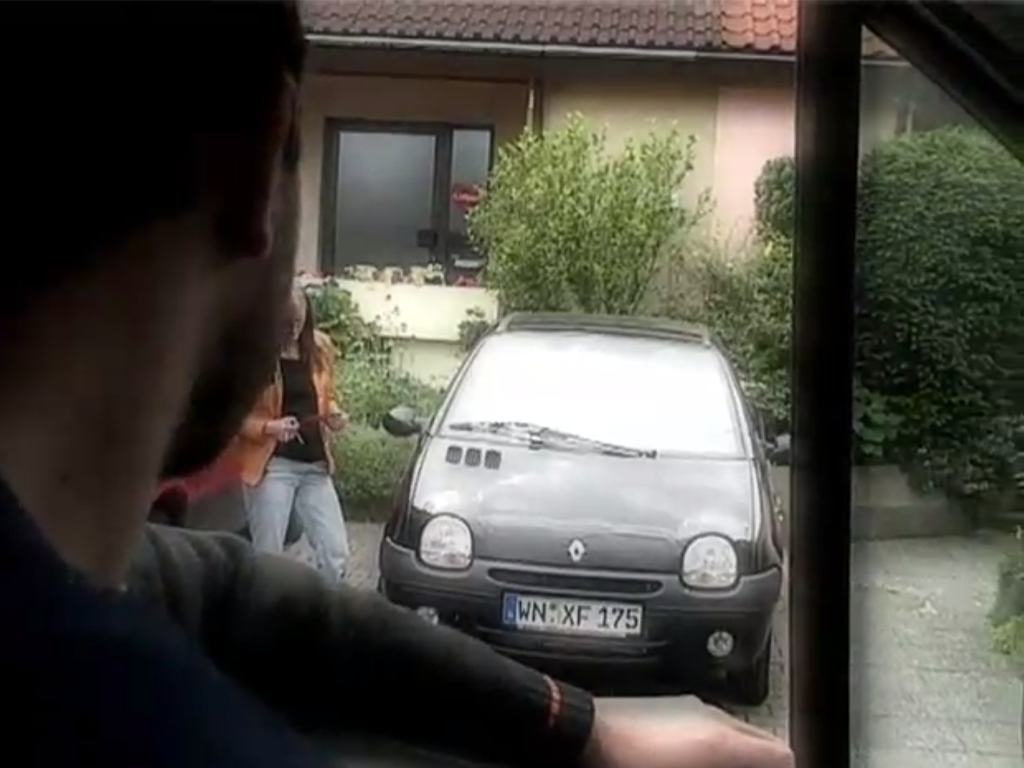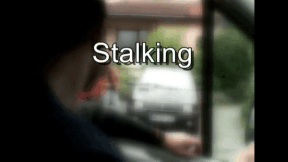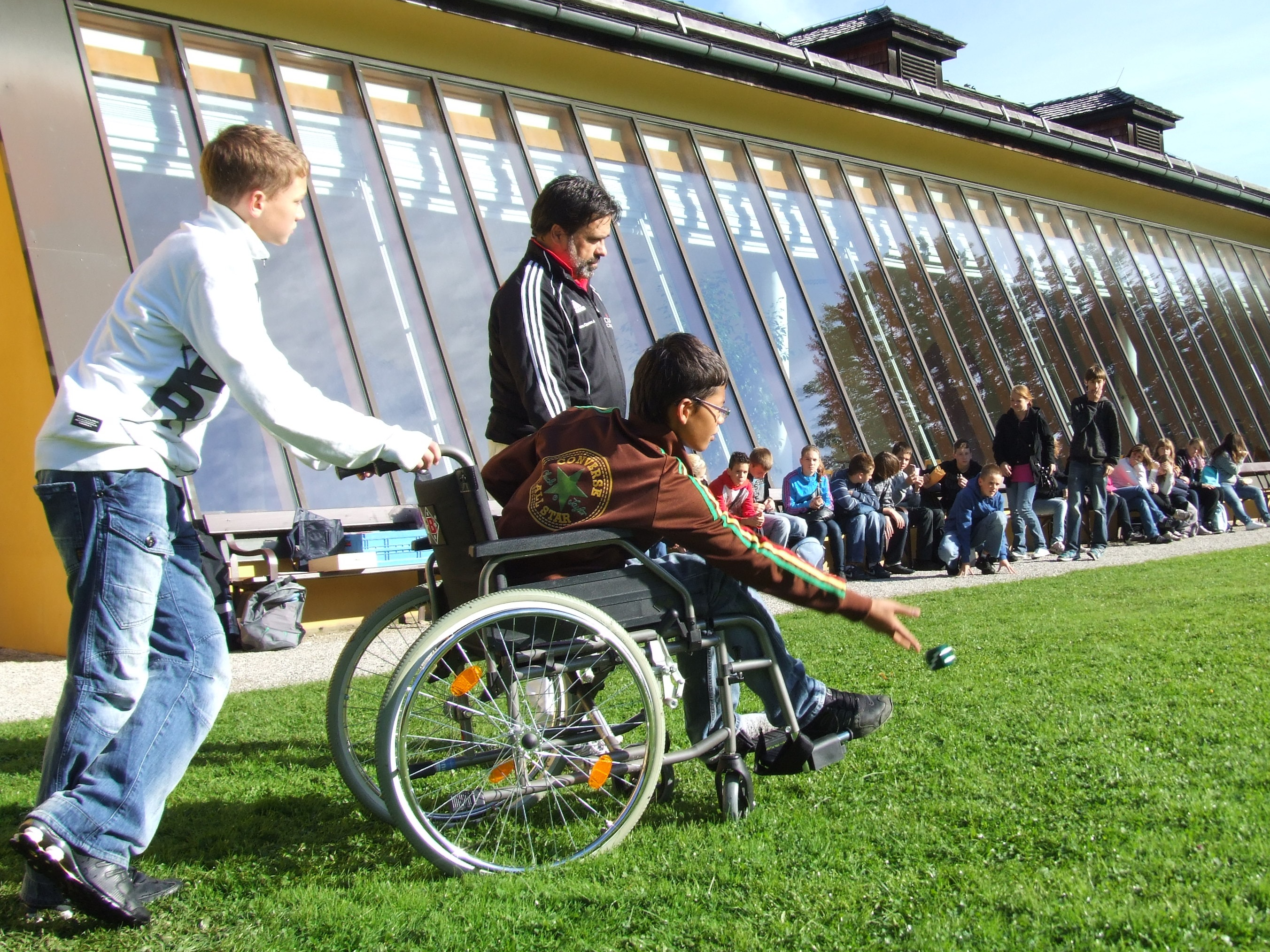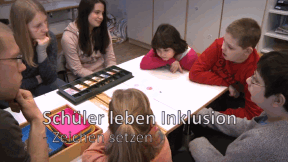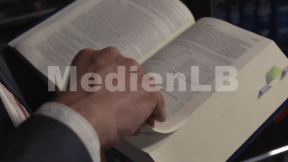 Society
Society
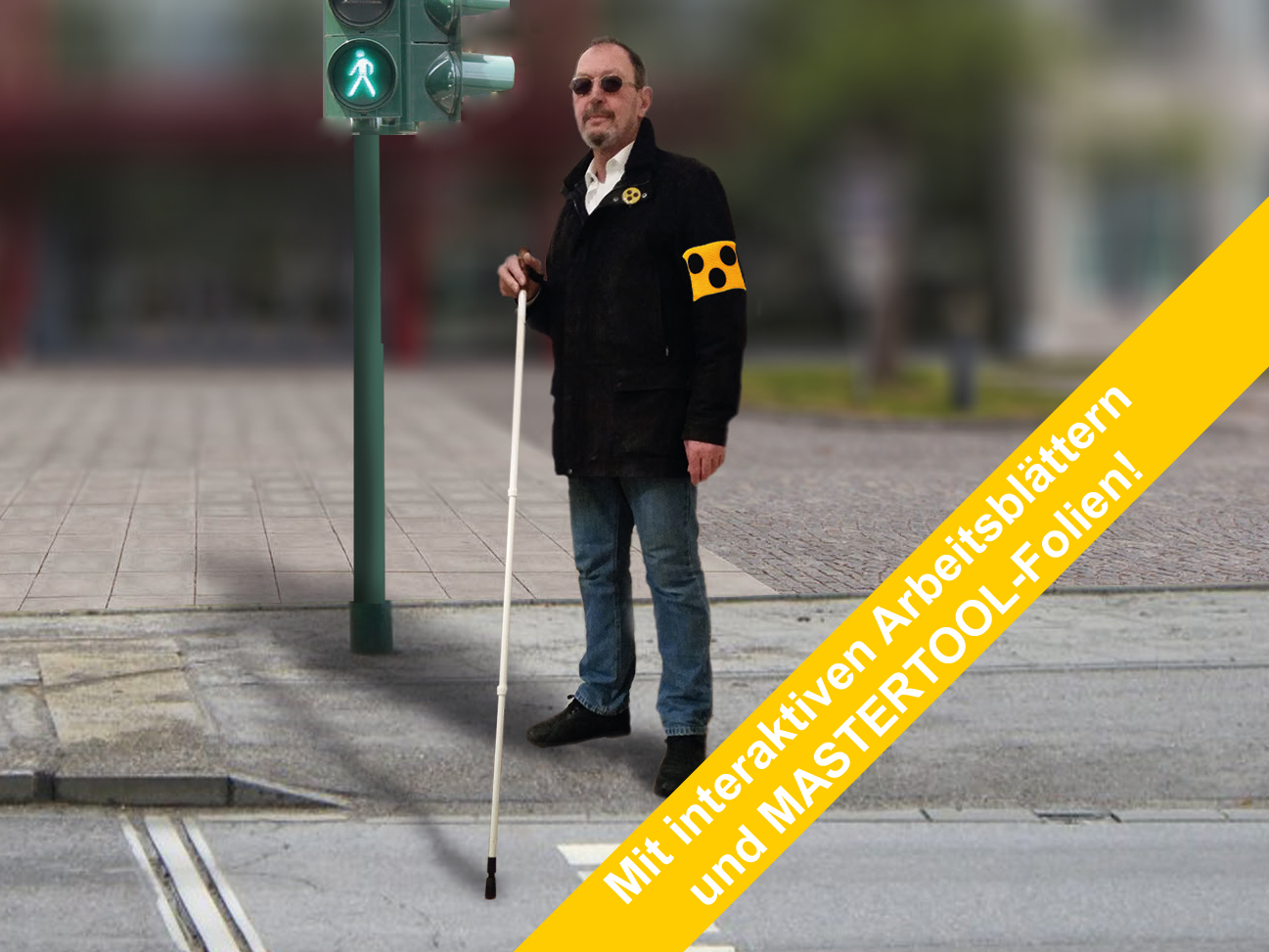
4673628 / 5562325
Gehörlos und blind
Akzeptanz statt Mitleid
Die meisten von uns können – und müssen – sich nicht vorstellen, wie es ist, blind zu sein. Vielmehr haben wir uns daran gewöhnt, unseren Sinnen „blind“ zu vertrauen. Für rund 160.000 Menschen in Deutschland ist dies jedoch nicht möglich; sie sind entweder blind auf die Welt gekommen oder im Laufe ihres Lebens erblindet. Von Gehörlosigkeit sind sogar noch deutlich mehr Menschen betroffen.
Wie sich das anfühlt und ob die heutzutage stets beschworene Barrierefreiheit tatsächlich einen ungehinderten Zugang zu allen wichtigen Orten des öffentlichen Lebens ermöglicht, will der Journalist und Schauspieler Jenke von Wilmsdorff in seinem hier vorgestellten Experiment herausfinden. Dazu lässt er sich in die Rolle eines Gehörlosen bzw. eines Blinden versetzen. Schnell stößt er dabei an seine physischen und psychischen Grenzen. Im Alltag benötigt er permanent die Hilfe anderer.
Auf der anderen Seite lernt er Menschen wie die gehörlose Tanzlehrerin Kassandra Wedel oder den Blindenfußballer Mulgheta Russom kennen die auch ohne Hör- bzw. Sehsinn ein aktives und selbstbestimmtes Leben führen. Ihre Lebenseinstellung dient als positives Beispiel.
Gemeinsam mit dem umfangreichen Unterrichtsmaterial (klassische und interaktive Arbeitsblätter, Testaufgaben, Lehrtexte etc.) ist der Film sehr gut für den Einsatz im Unterricht geeignet.
Play trailer
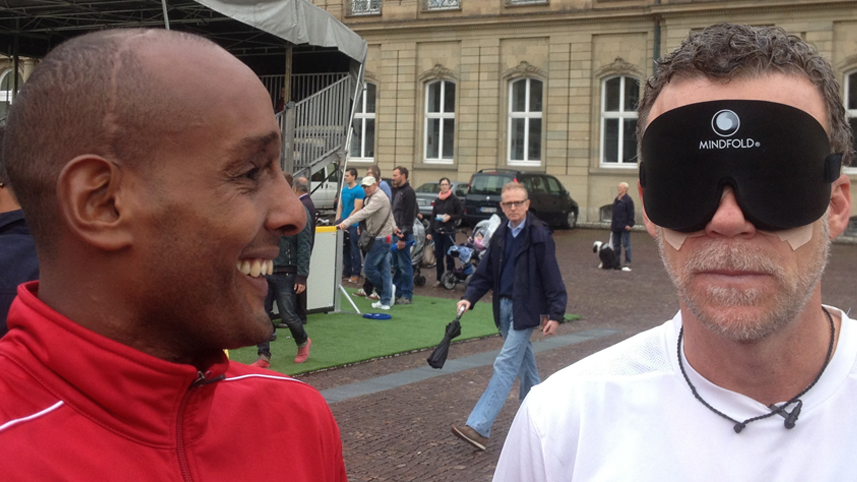
Curriculum-centred and oriented towards educational standards
Matching
Stalking
n Germany, 12 % of all federal citizens are pursued by a stalker once in their lives. And not only celebrities are among their victims! Everyone may be confronted with such a situation.
Pupils Practise Inclusion
When people come together, no matter under what concomitant circumstances – ultimately, it is about how these people meet and how openly they interact with one another.




